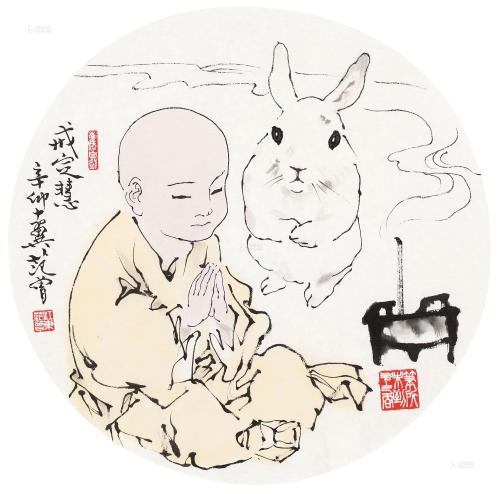Areyouafanofdreaming?DoyoueverwonderhowtodescribeyourdreamsinEnglish?Whetheryou’resharingadreamwithfriendsorwritingastorythatinvolvesdreams,knowingtherightvocabularycanmakeallthedifference.Inthisguide,we’llexplorevariousdreamrelatedwords,expressions,idioms,andphrasesinEnglish.
1.Howtosay"Dreaming"inEnglish?
Themostcommonverbfor"dreaming"inEnglishis"todream."Youcoulduseitinasentencelike"IdreamedIwasflyinglastnight.""Dream"alsofunctionsasanoun,andweoftenuseittodescribethemovielikeexperiencesthathappenwhilewe’resleeping.Otherverbsfor"dreaming"include"tohaveadream"and"tobedreaming."
2.DreamrelatedVocabulary
Therearemanywordsweusetodescribeourdreams:somearemorespecificthanothers.Hereareafewexamples:
Nightmare:Atypeofdreamthatcanbescaryandunsettling.
LucidDream:Adreaminwhichthedreamerisawarethattheyaredreaming.
Daydream:Apleasant,imaginativeexperiencethatoccurswhilewe’reawake.
Fantasy:Anunrealisticorimaginarysituationthatwecreateinourminds.
Vision:Adreamthatappearstobeamessageorprophecy.
3.SleepExpressions
Whenwetalkaboutdreams,weoftenuselanguagerelatedtosleepandrest.Herearesomecommonexpressions:
CatchsomeZs:Togetsomesleep.
Getsomeshuteye:Tosleep.
Sleeplikealog:Tosleepdeeplyandsoundly.
4.EnglishIdiomsaboutDreams
Finally,therearemanyidiomsinEnglishthatinvolvedreams.Hereareafew:
Pipedream:Anunrealistichopeorfantasy.
Inyourdreams:Adismissiveresponsetoasuggestionthatseemsimpossible.
Sweetdreams:Akindwayofwishingsomeoneagoodnight’ssleep.
Inconclusion,havingasolidgraspofdreamrelatedvocabularyisbeneficialforvarioussituations,fromcasualconversationstocreativeendeavors.Nowthatyouknowhowtosay"dreaming"inEnglishandhavelearnedsomerelatedphrases,whynotputyournewknowledgeintopracticeandstartdescribingyourowndreamworld?Sweetdreams!

